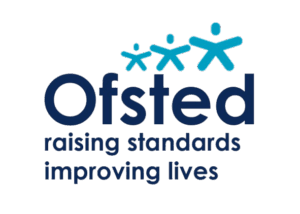✅ DBS & Safeguarding ✅ Qualified Staff ✅ Pediatric First Aid
AGE GROUP: 3–18 years
We socialize, discover and explore together the culture, customs, and traditions in an appropriate educational environment.
Games and activities for personal and social development; Weekly themed lessons: December 1st, St. Nicholas, Christmas traditions and customs, Mihai Eminescu, etc.
Workshops including themes and activities from all areas of learning: Romanian language and literature, history, geography, dance, music, artistic and creative activities.
+447865858058
+44772786348
kids@skyblueducation.com
Suite 1c, 61 Cranbrook House Cranbrook Road, IG1 4PG 🇬🇧
contact@skyblueducation.com
WHEN:Monday- Saturdays, from 09:45 to 12:45















































































